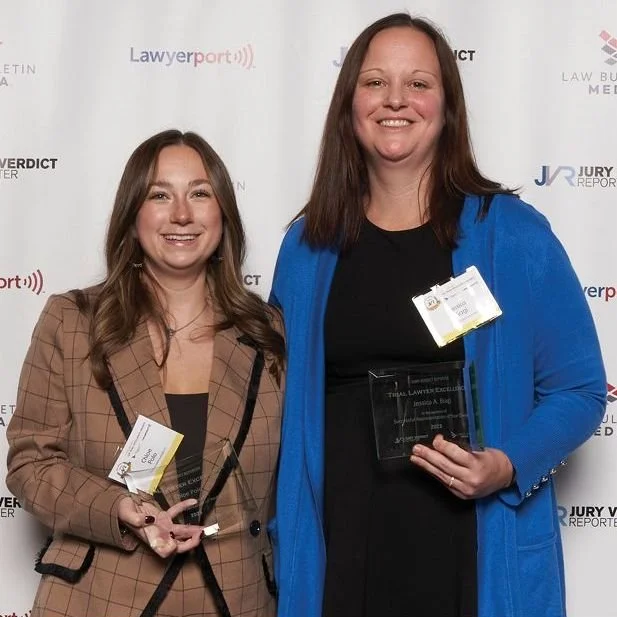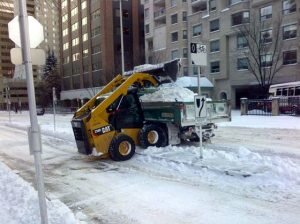2019-L-9782 (Cook County, Illinois)
Plaintiff, a Metra employee, tripped on snow and ice when she was clearing snow and ice from her vehicle in a parking lot owned by ComEd. She claims she slipped in a hole filled with snow, ice, and rocks which was not visible, causing a variety of injuries.
Plaintiff sued Metra, ComEd, and the snow removal company that Metra had hired to clear snow in that parking lot. CGW was retained to defend the snow removal company, which plaintiff alleged had created an unnatural accumulation of snow and ice which caused her injuries. Additionally, Metra and ComEd filed claims against the snow removal company for contractual indemnity and contribution, arguing that pursuant to the snow removal contract, the snow removal company was required to pay for both for their legal defense and any indemnification to the plaintiff.
CGW attorneys found that the contract only called for snow removal when Metra demanded it, and that they had not called for snow removal on the day in question. While there was a light snow the morning of the occurrence, the last major snow event was four days prior to the incident, when the snow removal company did clear snow from the site.
The case underwent a lengthy discovery process lasting three years. As the case approached trial, attorneys Matt Pierotti and Chloe Polo filed a motion for summary judgment on behalf of Snow & Ice. CGW’s motion showed that the snow removal contractor did not owe a duty to the plaintiff because they were not contracted to remove snow on the date in question, that there is no evidence to support that plaintiff slipped on an unnatural accumulation of ice, and that the hole plaintiff stepped in was open and obvious.
The judge reviewed the motions and replies and the extensive deposition history, and agreed with Matt and Chloe, and granted CGW’s motion finding that Plaintiff did not provide evidence that the snow removal company failed to exercise reasonable care in plowing the lot and that there was no evidence that the plowing caused any pothole. However, even after the court ruled favorably for the snow removal contractor, Metra continued to argue that the snow removal company owed them defense and indemnification. Metra claimed that even if the contractor was found to be not negligent, that their actions nevertheless may have contributed to the plaintiff’s injury, and therefore triggered the indemnification clause in the contract regardless of fault. Further Motions for Summary judgment were filed on the issue of indemnification, and Matt Pierotti argued that it would be against public policy and caselaw to hold that the contractor owed a duty to indemnify Metra after being held not negligent themselves.
After three years of discovery, two motions for summary judgment from Matt, Chloe, with assistance from their law clerks Lindsey Aranguren and Tala Abusharif, as well as two rounds of oral argument on both motions, the judge finally granted CGW’s second motion for summary judgment, fully dismissing the snow removal contractor from the matter entirely.










